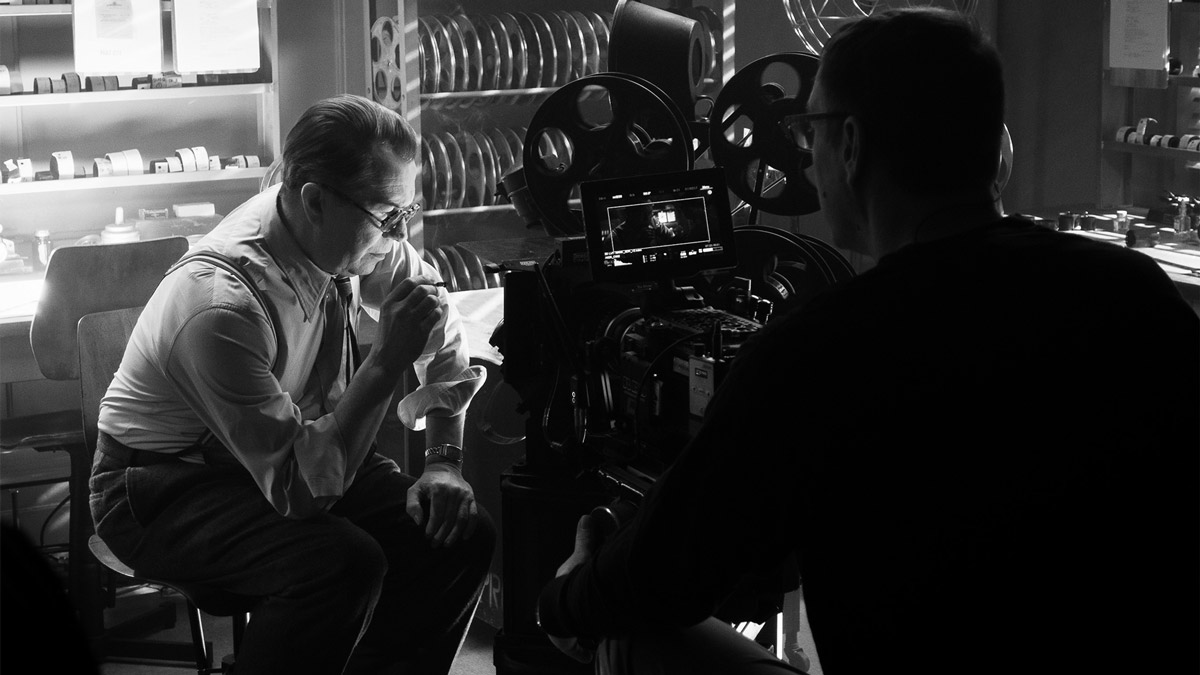2020.12.03
“Mank” synopsis
Screenwriter Herman J. Mankiewicz (Gary Oldman) is busy putting the finishing touches on Orson Welles' (Tom Burke) ``Citizen Kane,'' which would later become a timeless masterpiece. Hollywood in the 1930s is depicted in a new light from his perspective, a man who suffers from alcoholism but is full of wit and satire.
Index
- The man who wrote the greatest film in history, Citizen Kane
- Fincher and son collaboration spanning 30 years
- Wells vs. Mankiewicz battle erupts
- What was the reason for adopting the rejected “solo authorship theory”?
- Upton Sinclair, an important character who does not appear on screen
- What the Fincher family entrusted to Mankiewicz
The man who wrote the greatest film in history, Citizen Kane
The movie ``Mank'' (20) is inspired by the legendary true story of a screenwriter who broke down with alcohol exactly 80 years ago and was imprisoned for six weeks to create his masterpiece. It has gained. The movie that was born from the script written at that time was `` Citizen Kane '' (41). The screenwriter's name is Herman J. Mankiewicz. He was nicknamed ``Mank,'' a shortened version of his last name.
Speaking of ``Citizen Kane'', it is a Yokozuna-like title that always comes up at the top of any project that selects the best movies of all time. Meanwhile, Mankiewicz and Orson Welles, who both directed and starred at the age of 25, were fighting over screenwriting credits, and William Randolph Hearst, a newspaper magnate with great wealth and power, was trying to shut down the film. It was also a controversial work, with an anti-campaign and a lot of off-stage gossip.
“Mank” trailer
The reason for Hearst's displeasure was that he used Hearst and his mistress Marion Davis as models for Charles Foster Kane, the main character, and his second wife, Susan. Kane and Hearst had so much in common that it could not be dismissed as a coincidence, and it was inevitable that gossip-loving audiences would associate Citizen Kane with Hearst and Marion, and see it as a mockery or irony of them.
Mankiewicz was for a time Hearst's favorite, a regular guest at his nightly banquets at the luxurious Hearst Castle, and was also friends with Marion. Despite such interactions, why did Mankiewicz write a script that singled out Hearst and Marion? ``Mank'' approaches the mystery of the birth of ``Citizen Kane'' by going back and forth between 1940, when Mankiewicz wrote ``Citizen Kane,'' and the 1920s and 1930s, when he was in contact with Hearst. .


